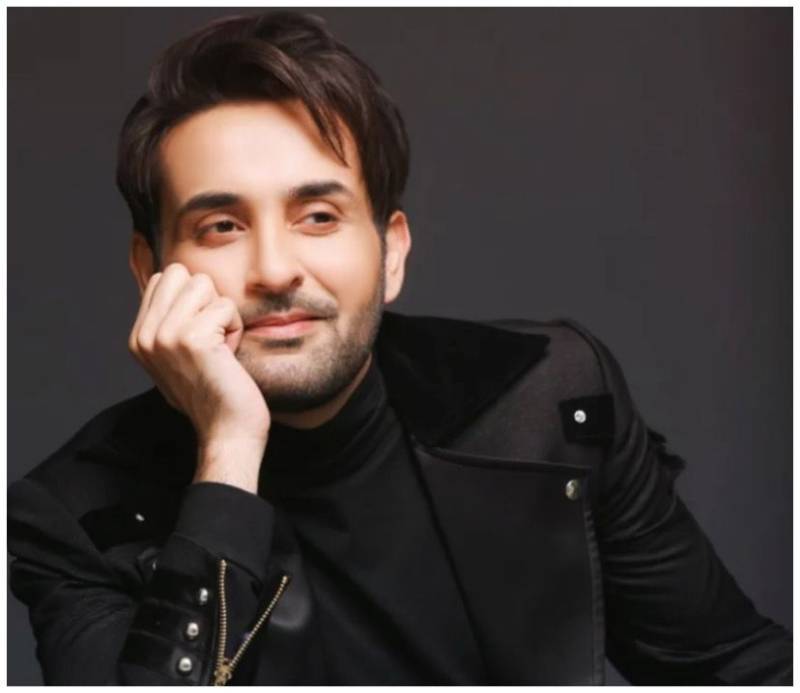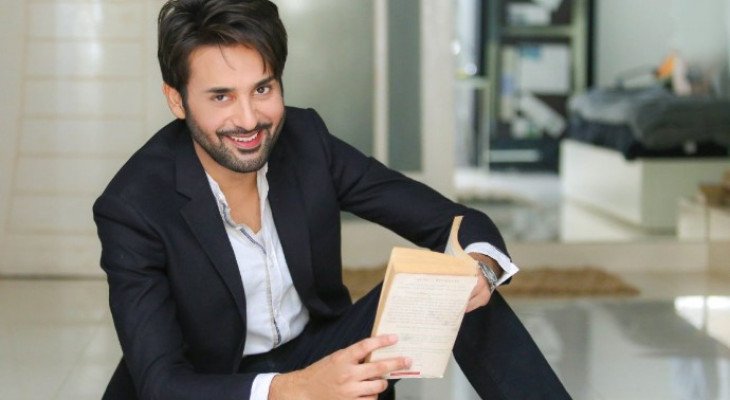Entertainment
Affan waheed in a candid conversation
Honest and Inspiring

Affan Waheed, a delightful and charming individual from a well-educated family background. At just the age of 40, Affan’s story is a testament to passion, dedication, and the pursuit of dreams. As he continues to shine in dramas and movies, we delved into the life and experiences that have shaped the man behind the actor.
Who is your favourite style icon?
Brad Pitt and David Beckham.
What is the next big thing on your bucket list?
I have a couple of good projects in the pipeline and I’m quite excited about it.
What was the worst punishment you received as a child?
I was a very decent kid I remember. If I delve deep into my past I cannot come up with any, so my life has been free of punishment.
What is your annoying habit?
I am unapologetically very punctual, which does not go down well with people.
One thing that you still have or remember vividly from childhood days?
I was a very good student and always stood first in class, so I still cherish that.
Worst shopping mistake you have ever made?
I do not like shopping much to be honest, and yes, I make mistakes almost every time I go out shopping. I keep buying things I don’t need and I have lots of clothes in my wardrobe that I don’t wear.

How important is family to you?
My family is all I have. I like to spend time with them and even if I don’t spend much time with them I always have the feel that they are around, and that is enough for me.
What is your ultimate motivation to keep pushing through?
What helps me keep sailing in crises is my faith in God.
One unforgettable lesson you have learnt along the way
You should not trust everyone blindly.
One thing you can’t stand?
I happen to be very punctual as I cannot stand people who do not value time.
What in your opinion has been your greatest achievement?
The fact that my parents are really proud of me.
Who is Affan Waheed in three words?
Temperamental, kind and a procrastinator.
Describe your dream vacation?
I love London.
What is your inspiration?
Edhi sahab has always inspired me.
What advice will you give to your younger self?
I tell them to be more patient, calm and composed, and less temperamental because I have a lot of regrets concerning my temper.



